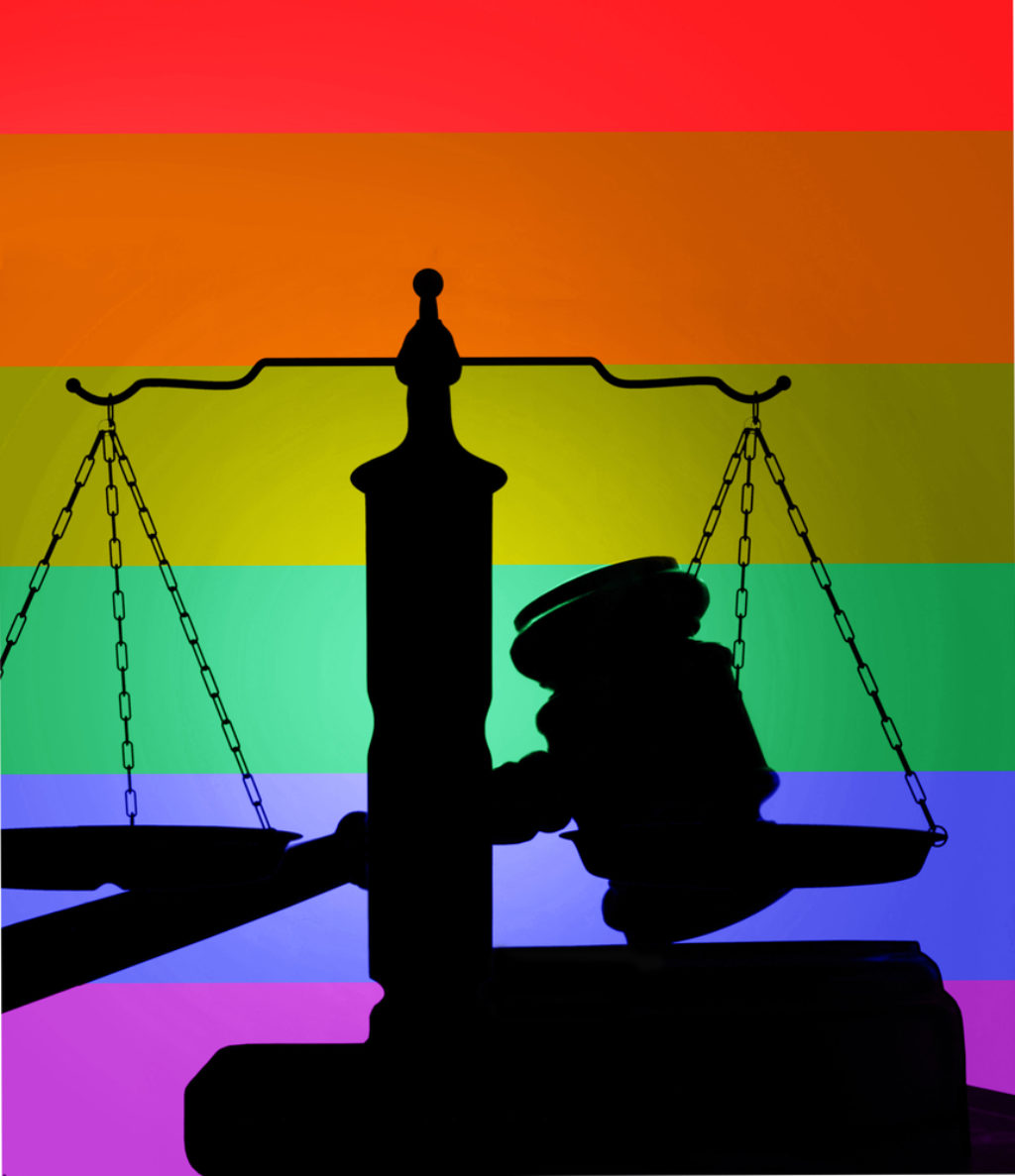Chances are, you’ve heard scriptural verses wielded as weapons against LGBTQ+ individuals and used to justify legal discrimination. Just this month, the Supreme Court ruled that a baker’s religious objections to homosexuality, based on his reading of the Bible, need to be taken into account in his refusal to make a wedding cake for a gay couple. We’ve all heard the harmful talking points that weaponize religion and use it to further marginalize the vulnerable.
But here’s what you might not know: Many religious traditions teach liberating messages about gender and sexuality that people barely talk about. As women of faith, queer and straight, we are appalled that religion is so often hijacked to spread hate, because we know the truth: Our respective traditions hold deep wisdom that can advance the flourishing of all creation.
Let’s begin with Judaism, which makes room for the diversity of creation. People often assume that gender non-conformity is a new phenomenon, and that, until very recently, everyone fit tidily and comfortably into male or female categories. But the foundational texts of rabbinic Judaism, the Mishnah and Talmud, recognized six sexes/genders. Individuals might be male, female, both, neither or shift between these identities during their lifetime.
The Jewish sages of Late Antiquity did not question whether any or all of these people deserve health care or protection from violence, because of course they do. Instead, the rabbis tried to figure out how a system primarily set up along binary gender lines could be adapted so that everyone could live fulfilled religious lives. And they recognized each person’s unique humanity: Rabbi Yosi taught, “An androgynous person (a masc. noun), she is a created being of her own” (m. Bikkurim 4:5). Creating gender fluidity in the way he constructed the Hebrew sentence itself, he recognized that we should not think about sex in binary terms.
Consider, for a moment, what might happen if this view were the norm. It might mean that intersex and transgender people would no longer be murdered, fired, evicted from their homes, or abused and assaulted on account of who they are. It might mean that all religious voices would celebrate the full diversity of creation in their efforts to build a whole and holy community.
Next, it’s important to note that queer black people have been a part of Christianity from the beginning. The New Testament story of the Ethiopian eunuch (Acts 8) is one that Christians love to tell as a victorious conversion narrative. Phillip the Evangelist is instructed by an angel to head toward Gaza, where he meets this foreign envoy (a eunuch) who asks him to explain the meaning of the Bible and ultimately asks to be baptized as a follower of Jesus.
But in the re-telling of the story, the racial and sexual identities of the eunuch are generally overlooked. One contemporary scholar points out that the celebration of this conversion, perhaps the first baptized black, queer Christian, is “a clarion call for inclusiveness, radical grace and Christian welcome to all who show faith.”
Read the full story at the Huffington Post


